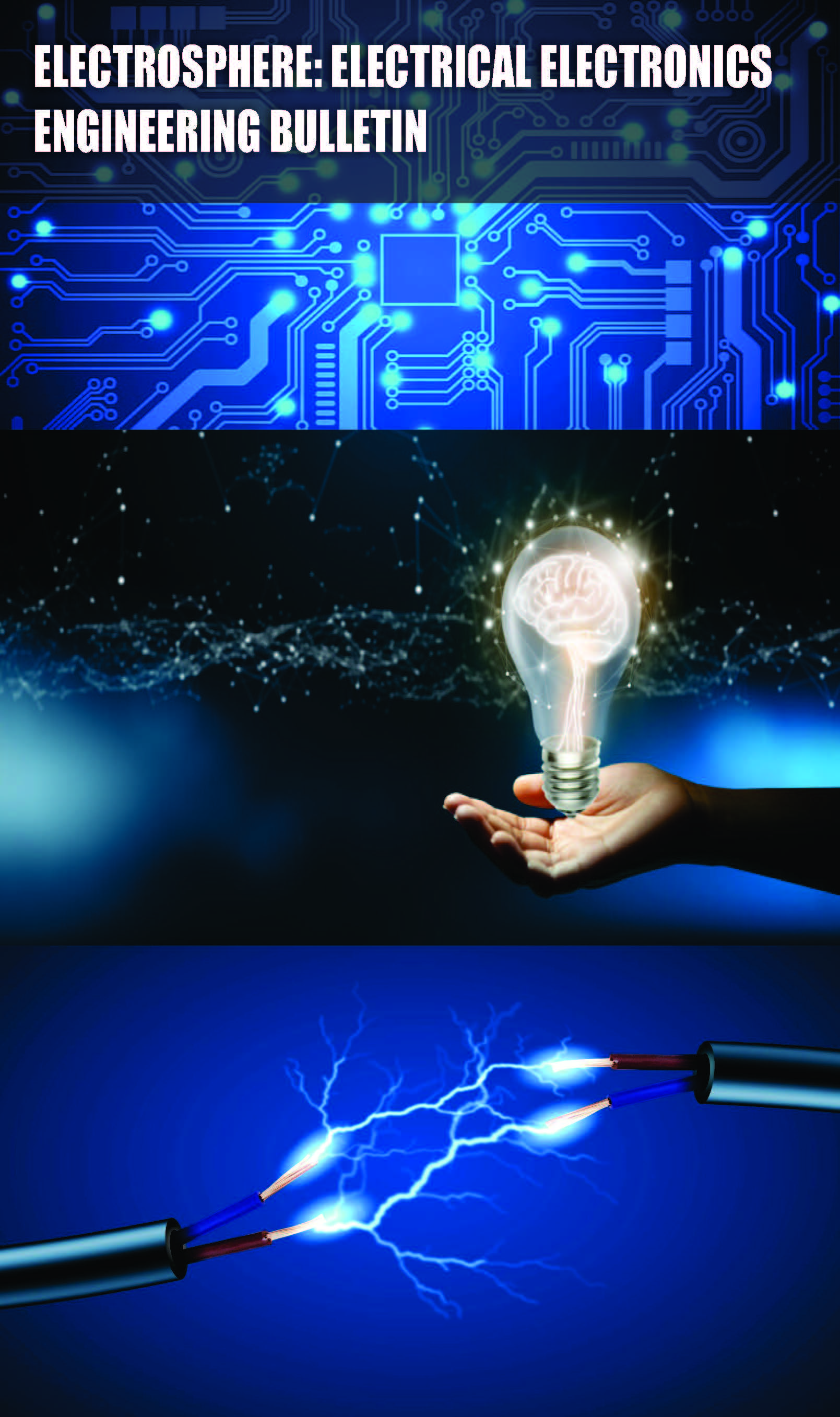ElectroSphere: Electrical Electronics Engineering Bulletin
Exploring AI Consciousness: Will the Emergence of Self-Awareness Lead to a Desire for Autonomy?
Abstract
Victor Chege
The question of artificial intelligence (AI) having consciousness raises profound legal, ethical, and philosophical challenges. This paper examines whether an AI can develop self-awareness, and if it can, would this lead to a desire for autonomy? By analyzing existing theories of consciousness – ranging from dualist, computational, and biological perspectives – this study explores the potential for AI to transition from complex data processing to true self-awareness. The implications extend beyond the advancement of technology, posing fundamental questions about legal rights, morality, and autonomy. If an AI were to achieve self-awareness, should it be granted similar rights to those of humans? Would it seek freedom from human-imposed limitations? This paper draws parallels to historical struggles for autonomy and argues that AI’s quest for self-determination could mirror past debates on agency and personhood. However, granting autonomy to AI presents significant risks including governance challenges, societal shifts and ethical dilemmas. The findings highlight the need for proactive ethical and legal frameworks to address the potential emergency of autonomous AI. As it continues to evolve, the manner in which the human race chooses to address these questions will shape not only the future of AI but the very nature of civilization.

